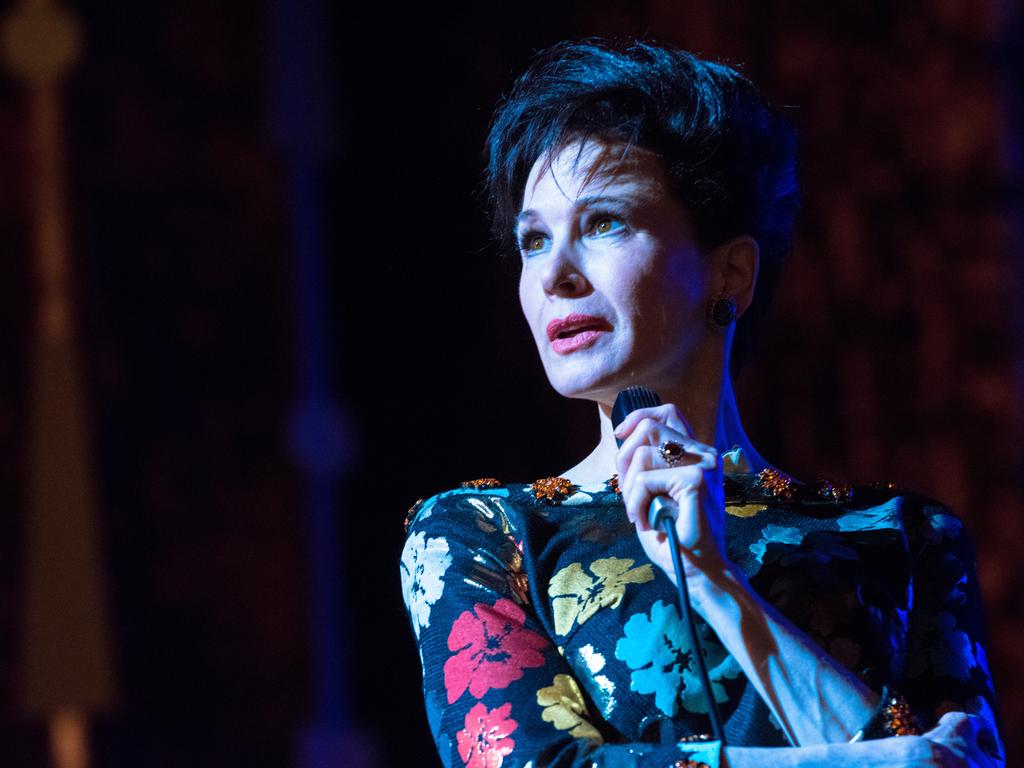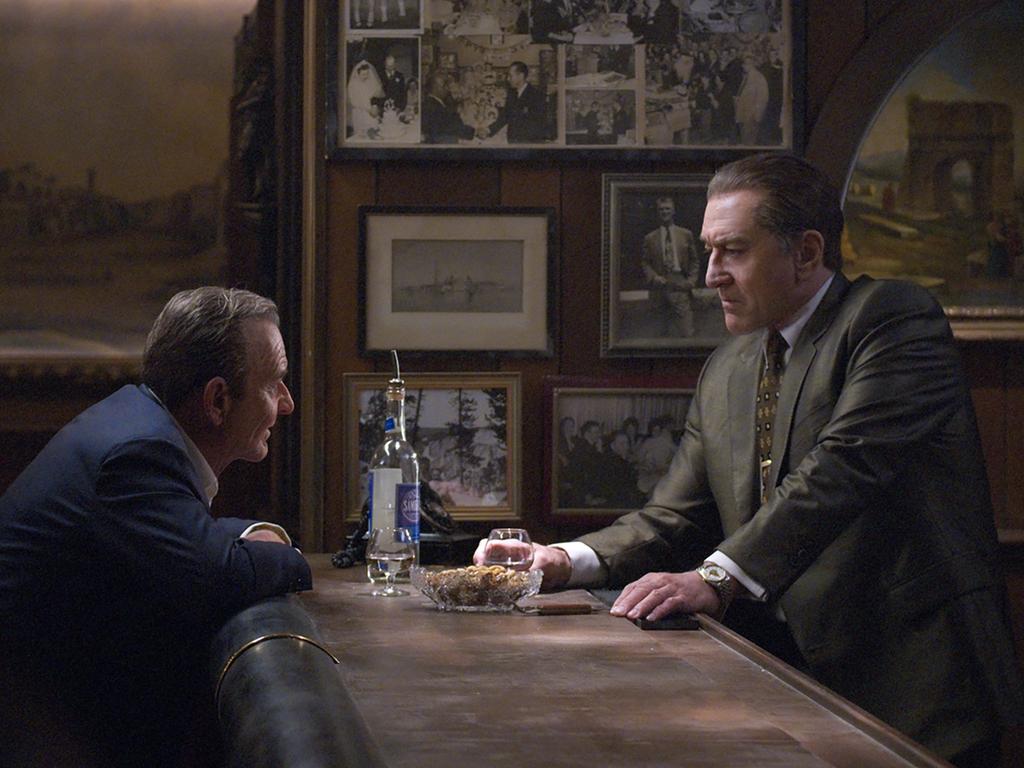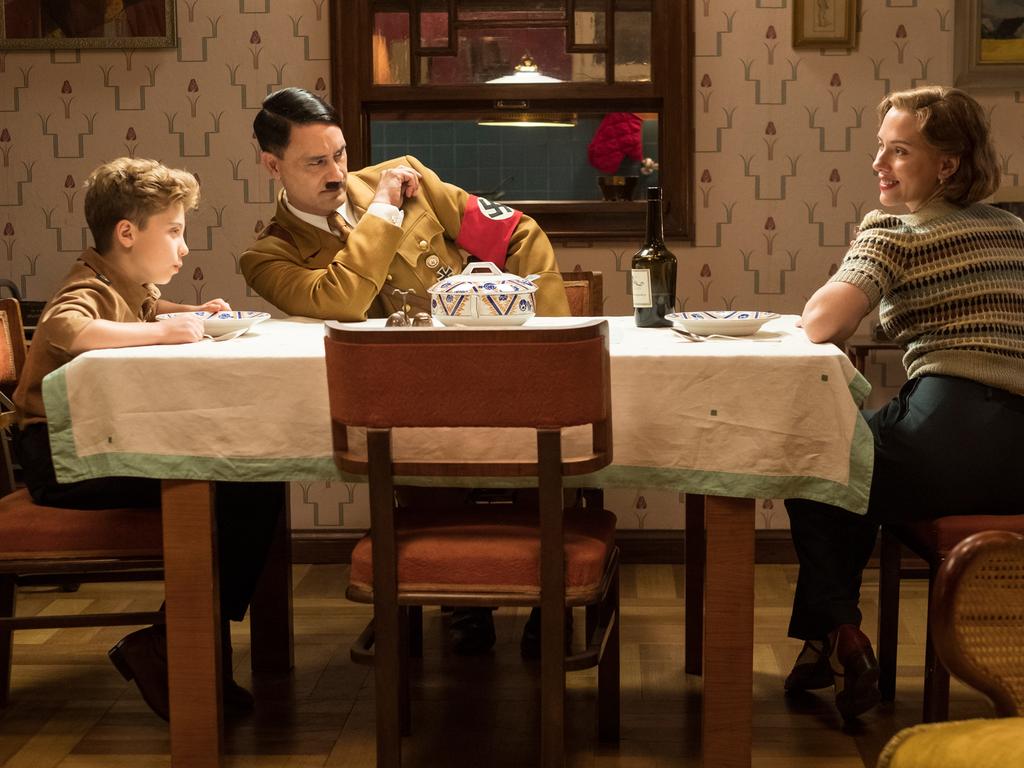The Oscars 2020: Who’s best? It’s academic
When it comes to Oscar winners, the Academy of Motion Picture Arts and Sciences won’t be second-guessed.
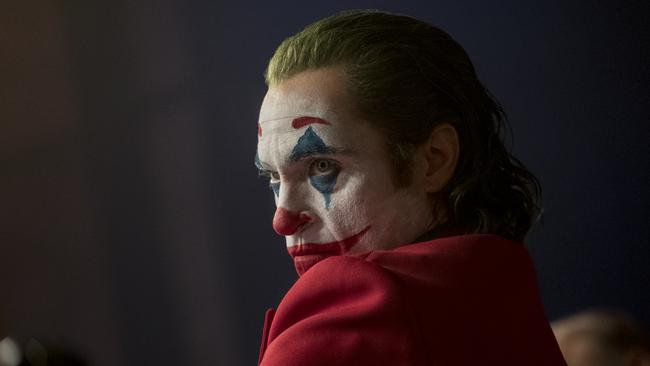
The Oscars are the strangest awards in the world. We speculate about them with endless fascination, we catch up with these films that may be headed for an Academy award but then we often forget what got which. Going back decades people might remember that although everyone won an Oscar for My Fair Lady in 1965, Audrey Hepburn did not because the award for best actress went to the original stage Eliza Doolittle, Julie Andrews, for Mary Poppins. But the lists of might-have-beens and should-have-beens stretch to the edge of doom.
The late and much lamented actor Heath Ledger did not win an Oscar for Brokeback Mountain, though it was a staggering performance. And among those pipped at the post think of that other Australian, Judith Anderson: if they were giving dream team awards for all-time best supporting performance in a film, you might think Anderson’s turn as the sinister housekeeper, Mrs Danvers, in Alfred Hitchcock’s Rebecca would carry the field. But, no, she didn’t get the award in 1941.

Peter O’Toole didn’t win an Oscar for one of the starriest performances in cinematic history in his debut leading role as Lawrence of Arabia; in fact he never won an Oscar, despite a string of nominations. Nor did Judy Garland for A Star is Born, though Garland has been one of the most impersonated stars in the history of Hollywood, with Renee Zellweger the favourite for best actress for Judy — though a significant fraction of opinion thinks her performance has the grotesqueness of caricature.
Joaquin Phoenix has been one of those actors (and great stars) who has looked as if he deserved an Oscar for years. Think of his performance as Johnny Cash in Walk the Line, or indeed in Paul Thomas Anderson’s The Master. No one disputes the towering nature of his performance in Joker, a film that belongs to the absolutely popular part of the cinema spectrum.
In a different sense that’s also true of Once Upon a Time … in Hollywood, Quentin Tarantino’s extraordinary alternative reality version of the Sharon Tate-Charles Manson story, for which Leonardo DiCaprio has been nominated as best actor. DiCaprio gives a good performance and it has become apparent that he’s a bit more than the pretty face he looked like at the start of his career — his Gatsby for Baz Luhrmann in 2013 was better than many are willing to admit — but no one considers him the Marlon Brando of his day.
What do members of the Academy do when they put a performance such as this alongside Antonio Banderas’s in Pedro Almodovar’s Pain and Glory, hailed as the actor’s signature piece in a major film by the great Spanish director in a role that is partly a self-portrait? It is a film full of grace and truth. If it is not the greatest Almodovar film it is palpably the work of the genius of All About My Mother. Banderas’s performance as the ageing, harrowed film director is the summit of a fine actor’s career.
It’s possible, no doubt, to think that there’s art and there’s cinematic viability, even though the pattern with Oscar films has been to highlight the art-film aspect of the whole caper where the big bucks belong to the bubblegum of the superhero franchises.
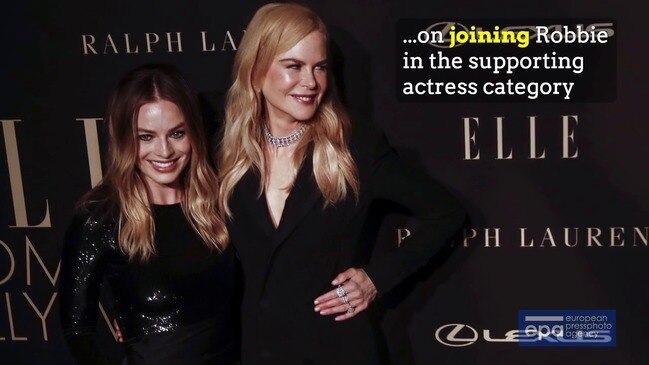
If everyone decides, say, to give best picture to South Korean director Bong Joon-ho’s Parasite, we’ll be in an area where internationalism and a sense of film is transcending the notion of show business. Yes, it’s a comedy thriller but it’s also a social satire of the most devastating kind, recalling the roguery and mercenary shenanigans of Shakespeare’s great contemporary Ben Jonson. It has the advantage of a brilliant and traditional satirical conception but it is much too long and the resolution is hysterical. If Parasite wins it will be a triumph for originality but it’s hard to see how anything other than a mass susceptibility to exoticism could get this film best picture. Does Jojo Rabbit, Taika Waititi’s irreverent take on Hitlerism, operate at this level? Not quite.
In any case, all the categories tend to collapse into each other, however much we give them separate awards. Let’s admit at the outset that Once Upon a Time … in Hollywood has all sorts of things going for it, whatever reservations you may or may not have about the film. It is for a start directed by Tarantino, who has every claim historically to win the award, going back to Reservoir Dogs and Pulp Fiction.
Tarantino has been an auteur who somehow — and without compromise — has managed to present himself as an absolutely mainstream Hollywood director with his finger on the public pulse. It helps that he has an obsession with violence, at once artful and inventive in its expression, and that he is alive to the thousand balletic and grotesque shapes it can take.
The audience I saw Once Upon a Time … in Hollywood with at Melbourne’s stately Astor months ago included a swag of millennials who didn’t know the Tate-Manson story from the (no doubt equally unfamiliar) story of Adam and Eve. They were unaware of the element of pure fiction-making licence the film was playing on but they could hardly have been unaware of its kinkiness, the elegance of its acrobatics, or the fact Brad Pitt, (nominated for best supporting actor) gives a performance of absolute nonchalance and authority.
Then again, if you want a performance of real stature in this category, what about Al Pacino as Jimmy Hoffa in The Irishman by Martin Scorsese, which would also have high claims to win best picture and best director, not least because it is the finest film that one of the more notable directors of the past 50 years has made in decades.
Add to this that Pacino, who we’ve known was a great actor since his Godfather films, has a massive role in this 3½-hour epic (in which he co-stars with Robert De Niro) and acts like one of the great archangels of the profession, full of rage and mordancy and passionate intensity.
The Irishman was made by Netflix and had only a nominal run in cinemas, and there’s the feeling that a lot of people, following the lead of Steven Spielberg, are worried by the streamers and may not favour them with Oscars. It’s fascinating though, the way they have put life back into mainstream drama.
This is true not only of The Irishman but at a humbler yet still significant level of The Two Popes where Jonathan Pryce plays Pope Francis and Anthony Hopkins plays the pope who abdicated, Benedict. Hopkins in an equally important role at 82, gives one of the performances of his life: dry, crisp, commanding and ultimately poignant. This bit of characterisation by the great classical Welsh actor who had the world for dinner with his Hannibal Lecter in The Silence of the Lambs is better than anything he has done for years, a peerless performance.
Some people will vote for Hopkins against Pitt because the level of artistic mastery is monumental.
That’s not true in the same way of another Netflix streamer, Marriage Story, which is up for the best picture and best actor awards.
It’s true, as a distinguished actor said to me, that it’s a bit like a dilution of Ingmar Bergman’s Scenes From a Marriage, the great Swedish director’s masterpiece of marital confrontation and disarray, but this is the best thing we’ve yet seen from Adam Driver — who came to prominence with Lena Dunham’s Girls on television — and there’s no false note in the way he negotiates all the roughness and heartbreak. It’s also true that Scarlett Johansson as his estranged wife is absolutely shorn of her usual array of mannerisms and gives as good a performance as she ever has.
Is Marriage Story an unlikely contender because the partner of Noah Baumbach, the vastly talented Greta Gerwig, has not been nominated as best director for the latest incarnation of Little Women — although Saoirse Ronan is up for best actress as Jo, Florence Pugh for best supporting actress as Amy, and the film itself is nominated for best picture. Well, the absence of a best director nomination is a bit odd, although Little Women is an old story with versions going back to Katharine Hepburn and George Cukor.
Ronan sparkles and convinces though the performance, while flawless, can’t compare with what she did in Ladybird. The other sisters –– Emma Watson, the best of the Harry Potter trio, as Meg and Pugh as the rather brattish Amy — are both authentic and contemporary enough to put life into the Victorian sentiment.
Alone of all these films, though, nearly everyone will have a bearable time at Little Women if there are prizes for crowd pleasers.
That can’t be said of Sam Mendes’s 1917. This is the one about the young soldiers who have to take counterintuitive news down the line of the Western Front in World War I, a film that gives the illusion that it’s done in one –– or is it two? –– takes. It has “masterpiece” written over it a little self-consciously and recently a well-known director said to me that Mendes had done better things.
The cameos where the soldiers meet various officers –– Colin Firth, Mark Strong, ultimately Benedict Cumberbatch –– are done with adeptness, and the composition shows at every point the masterliness of the great Roger Deakins’s cinematography. Unless you’re palpably impatient with the film’s pretensions (which are lofty) the pace is bearable and the tension works. But this is a film –– a bit like Dunkirk –– that may not outlive the novelty of its combination of realism and grandeur.
It is not, at the end of the day, a patch on American Beauty, for which Mendes won best director and best picture, back in the days when the world boasted, rather than shrank from, an actor called Kevin Spacey. Would the Academy want to honour an Englishman again for a film that is so overtly intent on the power of his pretensions? He is, after all, up against Scorsese and Tarantino, and although Almodovar is only nominated for best foreign film, Pain and Glory is a reminder that film is not just a stage director’s pastime.
As it happens, the same day I saw 1917, I also found myself at Bombshell. It’s not a best picture or a best director nomination but it’s an intensely topical film because it’s about how the women of Fox News brought down the man who invented that outfit, with Charlize Theron as Megyn Kelly, the smart-as-paint blonde dynamo who took on Trump, and Nicole Kidman as Gretchen Carlson.
It was everything 1917 was not: it was titillating, it was coarse, it was pacy. As someone who more or less alone of my tribe had watched a lot of Fox News, it was fascinating to hear how well Theron captured the ups and downs, the pure curvature of Kelly’s distinctive voice, as well as her facial gestures, and Kidman is pretty credible as Carlson.
Bombshell is not a great film and it doesn’t have the detailed simulacrum of life on a TV set that you get from the Jennifer Aniston-Steve Carell’s Apple TV streamer Morning Wars. But it does have a high watchability factor and John Lithgow gives a tremendous performance as Roger Ailes, the old monster of mischief, messing around and molestation.
And it’s possible Australia’s Margot Robbie might get a best supporting actress Oscar for her performance as the wide-eyed Kayla Pospisil. But one of the more instructive things about Bombshell is that it leaves you humming to yourself the old Irving Berlin finale: “Yes, that’s entertainment.” You could do worse.


